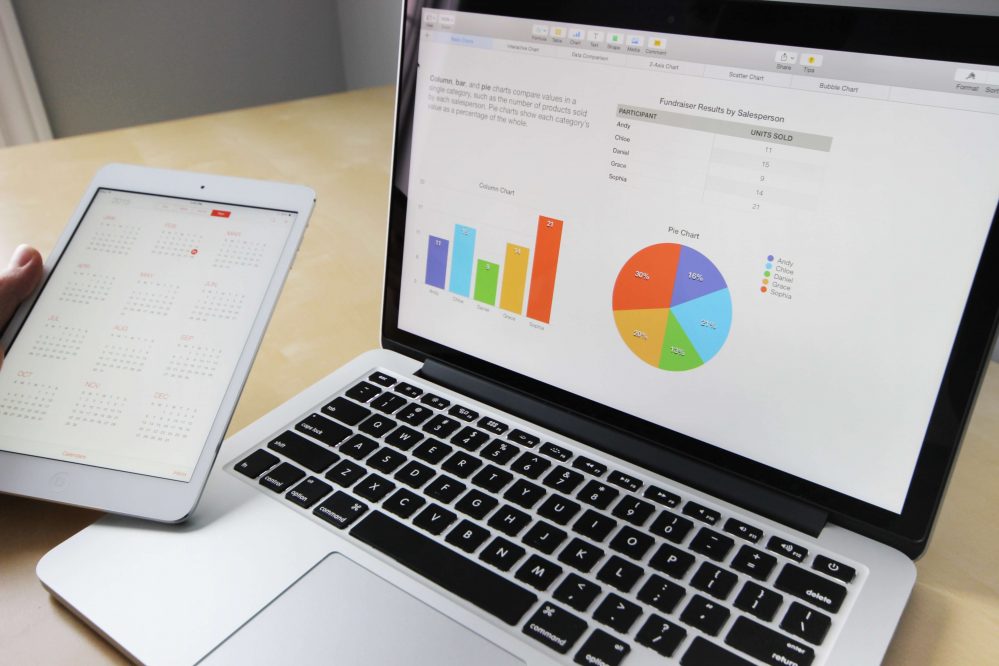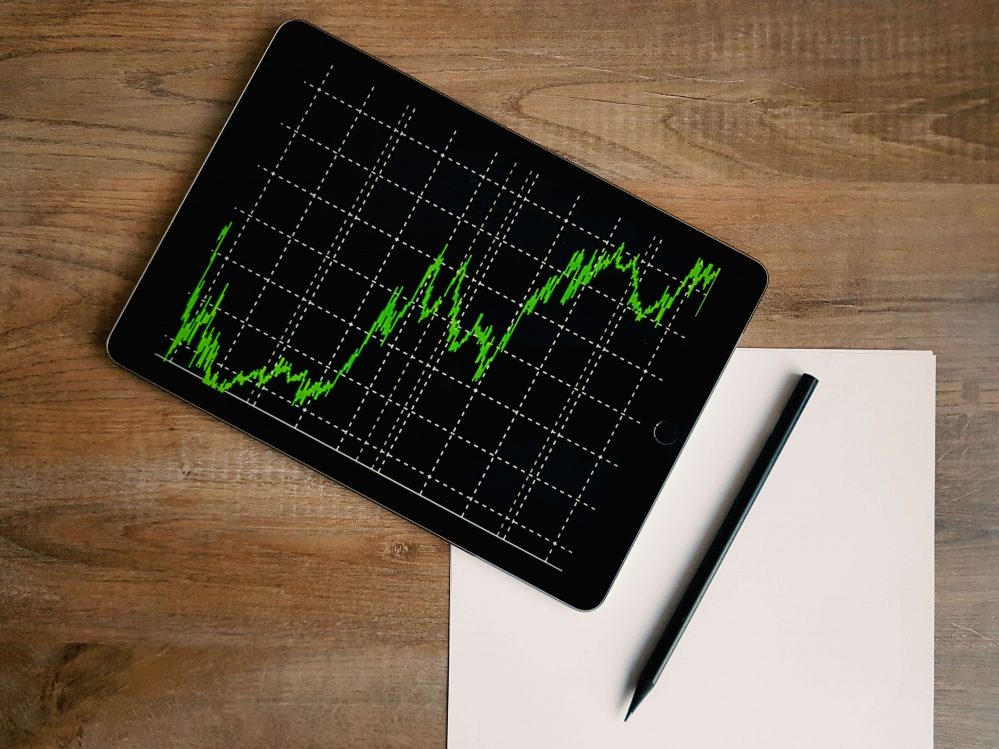It’s a no-brainer that the world we’re currently living in is characterized by technology and the internet. Just as the New York Times puts it, it’s Google’s world; we’re just living in it. The more digitized the world becomes, the more data we generate, and the more people we need to work on them.
There are a few professions whose primary focus is data, and you might have your doubts about which one is right for you. Today, we’re going to be comparing two broad fields, data science, and data analytics. So, if you’ve been between these two data fields, rest assured that after this article, you’re going to have your mind made up. Now, let’s take a closer look at each of them and what they entail.
What Is Data Science?
We’ve been over the fact that data is all around us. However, one other thing we should take a look at is data science. The name itself suggests that it’s something that has to do with data. In the simplest words, data science can be described as getting information and insights out of data. Yet, seeing how fast data science is evolving, we shouldn’t get surprised if the definition widens to include other aspects that data science might tackle.
Education
Like any other field, if one wants to join it, they should first fulfill the educational requirements. Data scientists happen to be some of the most educated workers out there. While the level of education you need might depend on the job you’re seeking, a degree in data science, computer science, and information technology might suffice. Also, many data scientists have a background in mathematics, statistics, and hacking.
Not to be repetitive, but it needs to be said, the major you need to graduate in depends all on the specific profession you choose. Some might need numbers more, and some might need the knowledge obtained from computer science or IT degrees.
Skills and tools
Besides education, one should also possess the right skills and tools to succeed in data science. We’re going to be listing those skills down below:
- Python
- Java
- Hadoop
- Machine learning
- Data Mining
- Data Analysis
- Object-oriented programming
Roles and responsibilities
Certainly, not all the jobs you can get in the data science field have the same exact responsibilities; however, they’re quite similar. This article focuses on the data scientist’s role as one of the most known jobs in this field.
Data scientists work closely with businesses to understand their objectives and create a plan in which the data help achieve that objective. Afterward, they design data modeling processes, developing algorithms and models that make the data extraction easier and more convenient, eventually analyzing the data extracted and reporting them to their employers.
What Is Data Analytics?

Data analytics is a broad field, and as such, it’s an intersection of business, statistics, and information technology. However, for the sake of providing a definition, we could define data analytics as to the field whose focus is the analysis of raw data to make predictions and conclusions.
Education
The level of education you should obtain depends on the job you are applying for. However, an entry-level job in data analytics requires you to obtain a bachelor’s degree in one of the following majors: data analytics and management, engineering, mathematics, finance, economics, information management, and computer science.
Skills and tools
Some of the skills that are required from potential employees in data analytics are:
- SQL (Structured Query Language)
- Proficient in Programming Languages
- Data Management
- Data Mining
- Statistical Analysis
- Data Analysis
- Data Visualization
Roles and responsibilities
When it comes to roles, the jobs in data analytics don’t necessarily have the same responsibilities. Each position has specific duties. That’s why here we’re focusing on the roles the data analyst (one of the main jobs in data analytics) has. Among the responsibilities of a data analyst are to design and maintain databases and data systems, mine data from different sources, use tools to interpret data, prepare the results of the data, the trends, patterns, and predictions extracted from data, and report them to the employers, and many others.

Data Science and Data Analytics: Jobs
When it comes to job outlook, it’s not like there is a big difference between these two job fields. Knowing that data makes the world go ’round, people working in both these fields are needed not only in technology but in almost every job sector. Data analysts should expect to be hired in fields like marketing, communications, insurance, finance, sales, business consulting, and many others. According to the Bureau of Labour Statistics, data scientists and other similar occupations are on the list of the fastest-growing occupations between 2022-2032.
| Data Science | Data Analytics |
|
|
Data Science and Data Analytics: Salary
You might expect to find some contrasts between the wages of jobs in data analytics and data science. However, we regret to inform you that this isn’t the case. However, one thing to consider is the type of job you choose and the level that you work in. It’s common sense that those in top-tier levels have higher salaries than those who landed entry-level jobs. According to Glassdoor and Indeed, salaries in data science average $129,565. Those in data analytics offer similar, if not the same wages. According to Indeed, wages in data analytics average $76,944.

Interested in pursuing a degree?
Fill out the form and get all admission information you need regarding your chosen program.
This will only take a moment.
Message Received!
Thank you for reaching out to us. We will review your message and get right back to you within 24 hours.
If there is an urgent matter and you need to speak to someone immediately you can call at the following phone number:
- We value your privacy.
Data Science vs. Data Analytics: Overlaps & Differences
As much as we want to draw a clear distinction between data science and data analytics, this might not happen entirely. One thing we can say is that these two are so similar, and people are not to blame when they confuse them and use their names interchangeably.
Data science is a term that encompasses all the professions that work with data, including here data analytics, data mining, machine learning, and other data disciplines. Data analytics, on the other hand, is more specific and concentrated compared to data science. It focuses on extracting meaningful insights from numerous data sources. At the same time, a typical data scientist has the responsibility to forecast the future based on past patterns extracted from data.
Choosing Between a Data Science and Data Analytics Career
For many, deciding on a career path is challenging, especially in data science and analytics. To make this decision more manageable, it’s essential for students to first align their interests with the nature of the work they envision for themselves. Whether it’s a passion for working with numbers or a desire to integrate business with data and computer science, clarifying personal preferences is a crucial initial step.
Reflect on interests and passions
Begin by understanding your interests and passions. Assess whether you are naturally inclined towards working with numbers or find joy in leveraging data to drive business decisions. This self-reflection will help you align your career choice with your intrinsic motivations.
Evaluate educational background
Consider your educational background and the relevance of your studies to the chosen field. Identify how closely your academic foundation aligns with either data science or data analytics. If there’s a gap, evaluate the need for additional education or certifications to bridge that gap and enhance your eligibility for the desired career.
Assess professional experience
Examine your professional experience, if any, and identify the skills you’ve acquired. Determine which aspects of your experience align more closely with the responsibilities of a data scientist or a data analyst. This evaluation will provide insights into your existing skill set and potential areas for development.
Future educational requirements
Explore the educational requirements of the chosen career path. Identify whether further education or specialization is necessary for career advancement. This may involve acquiring additional certifications, pursuing advanced degrees, or participating in continuous learning programs to stay abreast of industry advancements.
Industry and job role alignment
Research the specific industries and job roles associated with data science and data analytics. Understand the nuances of each field, including the day-to-day responsibilities and the impact on business outcomes. This knowledge will help you align your career goals with the practical aspects of each role.
Bottom Line
Now that we’ve come to the end of the article, there is nothing left to say other than to hope we’ve helped you first grasp the difference between data analytics and data science, and come to the decision which field is the right for you. If you feel like you need additional education for any of these fields, we’re happy to host you at our university on three campuses. The University of the Potomac offers programs in data analytics and management at the bachelor’s level and data analytics at the master’s level. Hope to see you here.
Frequently Asked Questions (FAQs)
What is the main focus of data science and data analytics?
Data science involves extracting information and insights from data, encompassing areas like data mining, machine learning, and other data-related disciplines. Data analytics specifically concentrates on analyzing raw data to make predictions and conclusions, often at the intersection of business, statistics, and information technology.
What educational background is suitable for a career in data science or data analytics?
For data science, a degree in data science, computer science, or information technology is common. Backgrounds in mathematics, statistics, and hacking are also valuable. Data analytics often requires a bachelor’s degree in fields such as data analytics, engineering, mathematics, finance, economics, information management, or computer science.
What key skills are needed for success in data science and analytics?
Common skills for data science include proficiency in Python, Java, machine learning, data mining, and data analysis. Data analytics requires skills like SQL, programming languages, statistical analysis, and data visualization.
What are some typical roles and responsibilities in data science and data analytics?
In data science, roles may include data scientist, machine learning engineer, or applications architect. Responsibilities often involve designing data modeling processes, developing algorithms, and analyzing data for business objectives. In data analytics, roles like data analyst or business intelligence analyst may involve tasks such as designing databases, data mining, and interpreting trends from data.










